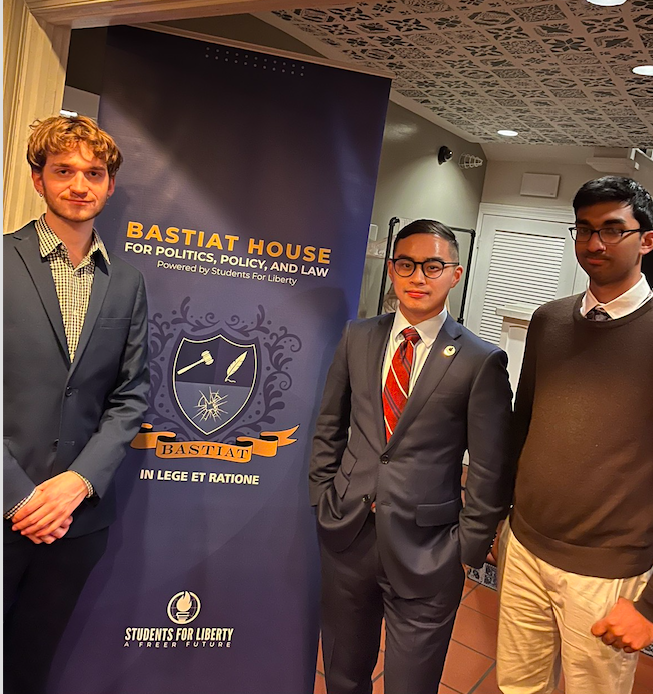This morning the U.S. Supreme Court issued its first decision in a criminal case for this term. In McElrath v. Georgia, No. 22-721, the high court unanimously reversed a decision of the Georgia Supreme Court regarding inconsistent verdicts. This is not a surprise.
Juries sometimes issue inconsistent verdicts in a single case. That is, they may render verdicts on different counts tried together that contradict each other in the facts that they necessarily require. What effect does the Double Jeopardy Clause of the U.S. Constitution have when a jury issues such a verdict in a state criminal case?
In this case, Damien McElrath admittedly killed his adoptive mother. He was charged with two types of murder under state law. “Malice murder” is what we usually think of as murder, an intentional and unlawful killing with malice. “Felony murder” is a killing in the course of committing another felony.
McElrath pleaded insanity. Georgia permits verdicts of “not guilty by reason of insanity” and “guilty but mentally ill.” The NGI verdict requires that the crime be committed “because of a delusional compulsion as to such act which overmastered [the defendant’s] will to resist committing the crime.” The “guilty but mentally ill” verdict does not have this requirement. It is not an acquittal but may affect how the defendant is treated in the prison system.
McElrath’s jury found him “not guilty by reason of insanity” on the malice murder count and “guilty but mentally ill” on the felony murder count. The trial judge accepted these verdicts and sentenced McElrath to life in prison for felony murder.
McElrath appealed on the basis that the verdicts were inconsistent. The Supreme Court of Georgia agreed but held that both counts could be retried.
The U.S. Supreme Court held that what constitutes an acquittal for the purpose of the Double Jeopardy Clause is a question of federal law, and this was an acquittal. McElrath cannot be retried on the malice murder count no matter how wrong the verdict may have been.
We have long recognized that, while an acquittal might reflect a jury’s determination that the defendant is innocent of the crime charged, such a verdict might also be “the result of compromise, compassion, lenity, or misunderstanding of the governing law.” Bravo-Fernandez v. United States, 580 U. S. 5, 10 (2016); see also United States v. Powell, 469 U. S. 57, 65 (1984). Whatever the basis, the Double Jeopardy Clause prohibits second-guessing the reason for a jury’s acquittal. As a result, “the jury holds an unreviewable power to return a verdict of not guilty even for impermissible reasons.” Smith v. United States, 599 U. S. 236, 253 (2023) (internal quotation marks and alterations omitted).
Justice Alito wrote a brief concurring opinion noting that the trial judge accepted the verdicts and entered judgment on them.
As the Court recognizes, the situation here is different from one in which a trial judge refuses to accept inconsistent verdicts and thus sends the jury back to deliberate further. Some States follow this practice, and our decision does not address it. We have held that federal law does not prevent the acceptance of inconsistent verdicts, United States v. Powell, 469 U. S. 57, 68–69 (1984); Dunn v. United States, 284 U. S. 390, 393–394 (1932), but we have never held that the Constitution mandates that practice—which is not necessarily favorable to either the prosecution or the defense. Nothing that we say today should be understood to express any view about whether a not-guilty verdict that is inconsistent with a verdict on another count and is not accepted by the trial judge constitutes an “acquittal” for double jeopardy purposes.
In other action, the Supreme Court hears arguments today and the first three days of next week. The only criminal case on this calendar is next Tuesday’s argument in McIntosh v. United States, No. 22-7386. The Court accepted the case on a technical issue of federal practice involving forfeitures and time limits. It passed on the more interesting question of whether a case of theft from an individual has enough connection with interstate commerce to be a federal offense.





